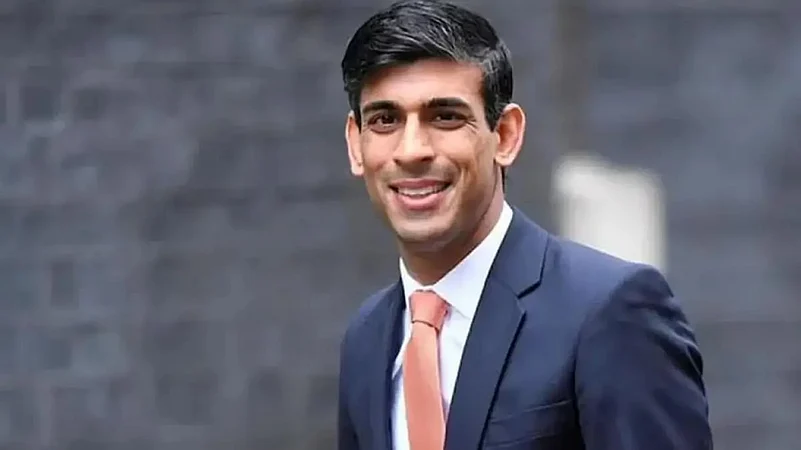In April 2022, Rishi Sunak, as Chancellor of the Exchequer of the United Kingdom (UK’s finance minister) announced plans to make the country “a global crypto-asset technology hub”.
“We’re working to make the UK a global crypto assets hub. We want to see the businesses of tomorrow, and the jobs they create, here in the UK,” he had said in April 2022.
Now, that he has been appointed as the Prime Minister of the UK, the crypto industry is looking expectantly as to how he will shape the future of the island nation’s crypto industry.
Will Sunak Drive The Crypto Train?
Two days after Sunak’s announcements as the UK PM, The Scottish National Party’s Lisa Cameron, who also holds the chair of the Crypto and Digital Assets All Party Parliamentary Group (APPG), has urged the British government to be clear about its promises to the cryptocurrency industry.
London-based Mehdi Sunderji, who has over 20 years of experience in the investment industry, told Outlook Money, that the UK may be a small fish in a big global pond, but no matter the current political events, it still carries weight as a thought leader and “influencer”.
“He is putting things into motion already with the UK lawmakers, who are now recognising crypto as a regulated financial instrument,” Sunderji says.
Moreover, the House of Commons, the lower house of the UK Parliament, voted in favour of designating cryptocurrency assets as regulated financial products and instruments a day earlier, on October 25, 2022.
“I don’t think it is a coincidence that we have seen an uptick in crypto assets post this announcement (alongside the weakness in the dollar index),” adds Sunderji.
“Whilst the future is impossible to predict, Sunak´s appointment as the new UK PM is seen as very positive for the FinTech and crypto industry,” says Dr. Oriol Caudevilla, FinTech Advisor and Host and Co-Founder of "A Digital Tomorrow."
How Rishi Sunak As UK PM Will Help In Crypto Regulation?
Globally, there is a huge demand for systematic regulations for digital assets, including within the G20 member group. UK is also part of the G20 group, and India will assume its presidency by the end of this year.
Industry experts believe that Sunak will help the work towards regulation.
“I feel a drive from Sunak will certainly assist regulation. However, one cannot expect miracles to happen, as implications of changing financial policies need to be tested,” says Sanjay Mendis, a Sri Lanka-based cryptocurrency and Blockchain strategist.
Cryptocurrency regulations need broader consultation and collaboration from all global bodies, including G7, G20, the Financial Stability Board, Financial Action Task Force (FATF), and International Monetary Fund (IMF), to stop regulatory arbitrage.
Says Sharat Chandra, co-founder, India Blockchain Forum, “Being a vocal supporter of digital assets, Sunak, in his new role, can potentially shape conversations to drive immediacy in digital asset regulation.”
Sunak’s Take on CBDC
In 2021, Sunak had proposed a central bank digital currency (CBDC ), or “Britcoin” to come into play across the UK economy by 2025.
Notably, 19 of the 20 countries of the G20 group are exploring a CBDC, with 16 already in the development or pilot stage. This includes, South Korea, Japan, India, and Russia.
Each of these nations have made significant progress over the past six months, according to atlanticcouncil.org/cbdctracker.
Additionally, 105 countries, representing over 95 percent of global GDP, are exploring a CBDC.
Says Sunderji: “It is fair to assume that he will make a strong push for “Britcoin”, and I think this can only go to enhance the acceptance and adoption of CBDCs globally. For the most part, until now, it has been the developing countries that have been wide adopters, more out of their fiat currency volatilities providing too much to handle. This will be seen a big positive for other developed countries.”













